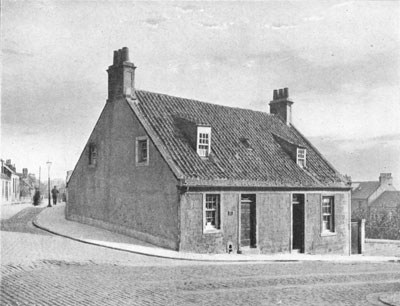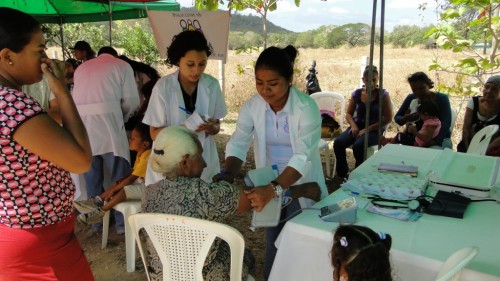Most people, when confronted with an obstacle, suffer some degree of shock and dismay. Even if they don’t consciously acknowledge the problem, their bodies respond in ways that make them less capable of bouncing back.
You may find it interesting to know, for example, that scientists have found that testosterone – the hormone that drives us to work hard and win – actually drops measurably in people who run into unanticipated problems. This clues the body to move into a defensive mode. We feel the impulse to slow down or shut down or run away.
Sophisticated scans have shown similar responses in the brain. The pleasure center becomes less active, as do the parts of the brain that promote the will to act and take risks.
Our bodies are designed to be energized when things are going well. But when things turn against us, they are programmed to retreat.
These are deeply ingrained instincts. Evolutionists tell us that we developed them in order to survive life-threatening situations such as famine, extreme cold, and attacks by predators.
And though these retrenching responses are necessary for survival when the threats are mortal, they can work against us when the challenges are less serious.
That is why we so often feel defeated by soluble problems – the sort of problems we run into when we attempt to enhance our lives and build our careers.



